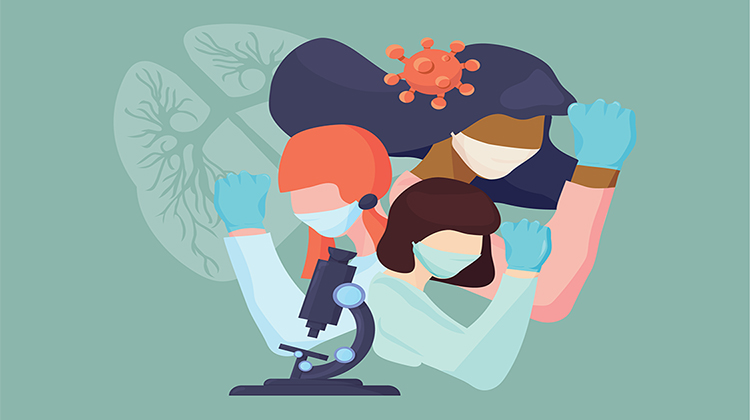Why Abzena?
Our focused approach.
In Drug Target Review’s latest issue, Abzena’s SVP and Scientific Leader, Dr Petra Dieterich is featured in an interview providing insights into her background and career as a successful woman in STEM. From childhood aspirations to her educational path and inspirations, she sheds light on her 30-year career in the drug development and pharmaceutical industry.
The interviewer starts off by sharing: “We had the privilege of talking to Dr Petra Dieterich, Senior Vice President at Abzena, about her highly successful career. After gaining her D.Phil in synthetic organic chemistry and an MBA from Imperial College London, she has held various leadership positions and has worked in the CRO and CDMO environment, ensuring customers across the globe achieve their goals.”
As a child, I loved creative play, drawing, painting, crafting, and logic problems. Later on at school, Chemistry, Biology, and Art were my favourite subjects. Especially in chemistry, I loved the idea of studying something to understand it and then using that knowledge to make new molecules.
I was born and grew up in Hamburg, Germany. My family came to London in the 1970s and I went to a German school to learn English. Cultural differences between the UK and mainland Europe were still quite different then but we settled in Southampton and I later went to University in Brighton, studied for a D.Phil, and found a job at a Pharma company. I went back to school in 2016 to study for an MBA at Imperial College in London, this time finding a much more diverse cultural environment.
I’m now in the fourth decade of my career and it’s the first time that my boss is a woman and she is great! I’ve had some very good bosses from whom I’ve learned a tremendous amount and the lack of female role models has made me develop a style that works for me. It just would have been nice to learn and share more with other women.
In Science, we perform experiments to gather data so that we can learn and build upon the last so that the next experiment is better and more meaningful. I think it’s important for young women to connect and learn from experienced role models so that we too can grow together, develop and learn how to improve.
There is still a bit of work to do. When I was at school 40 years ago, I was the only girl in my Physics class. Today, my teenage son is the only boy in his biology group. We need to do more to get children interested in STEM subjects at school by showing them what a diverse and interesting career it can bring, and the impact it can make on patients in need.
